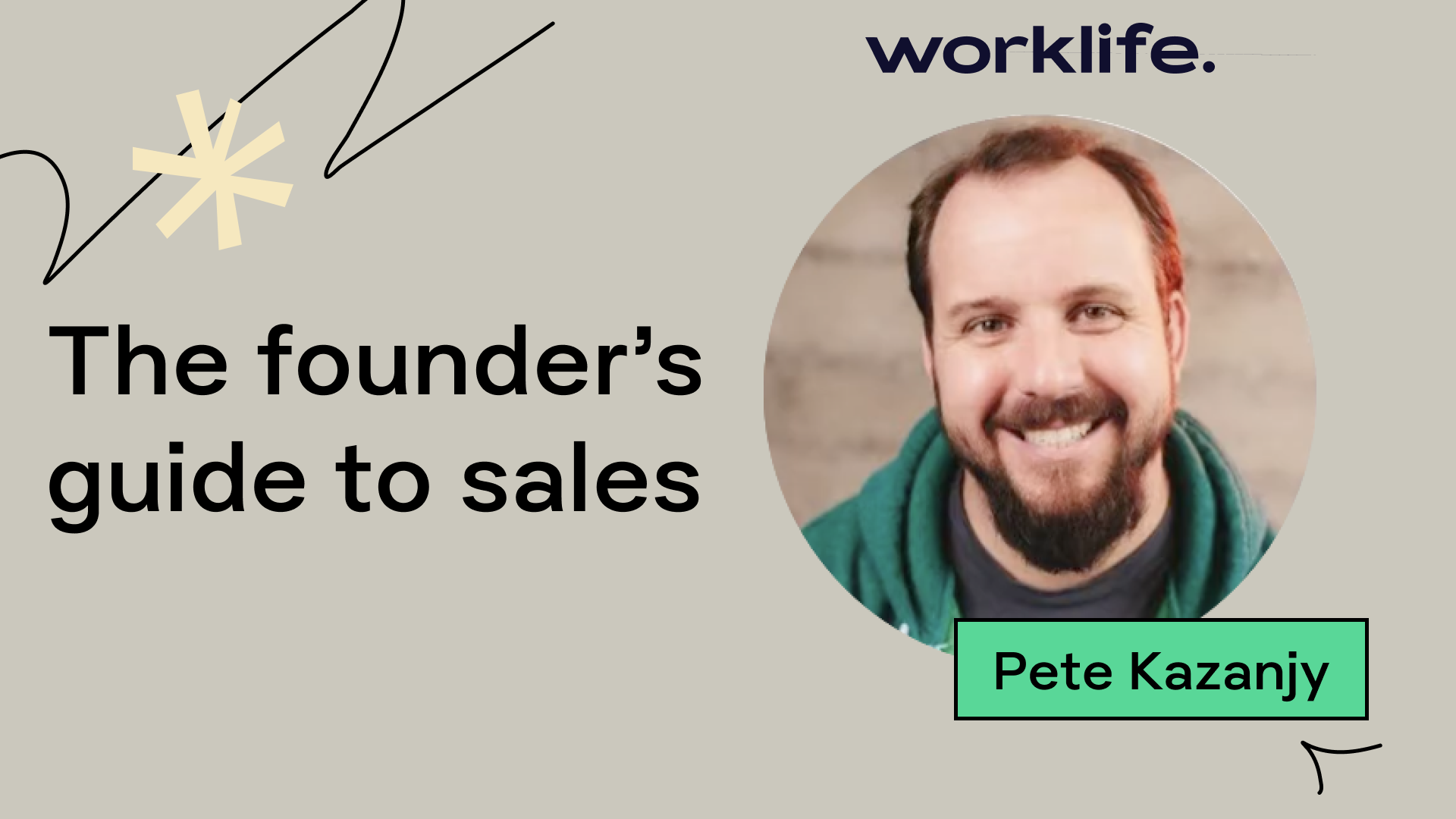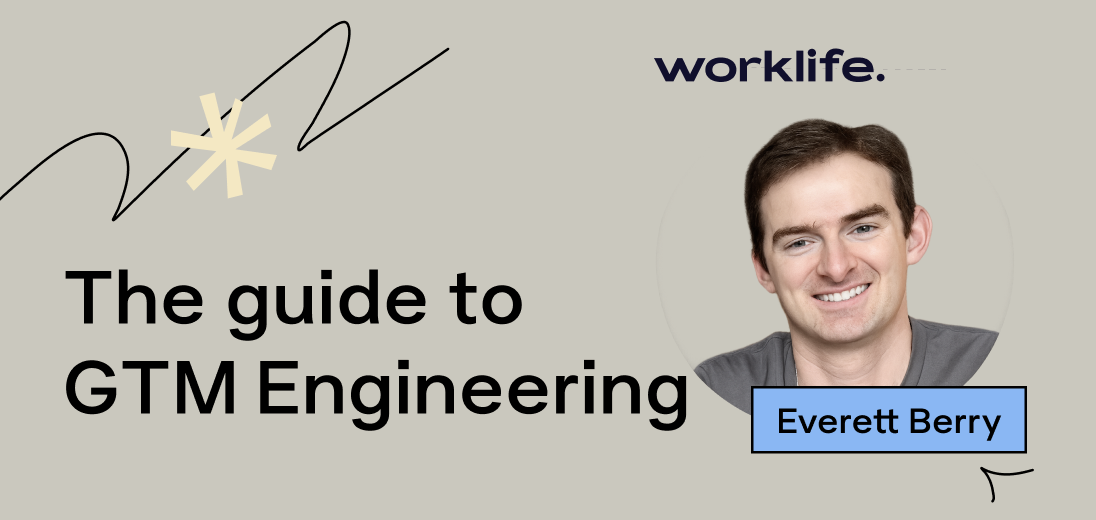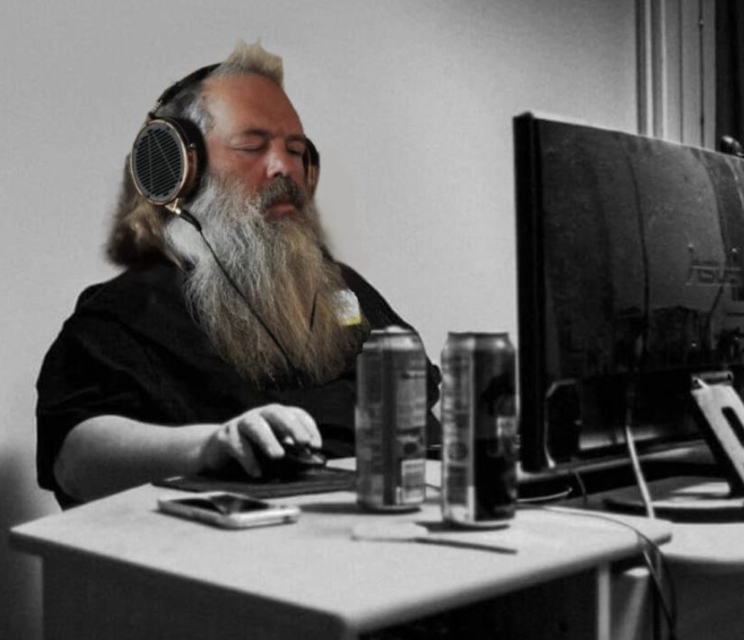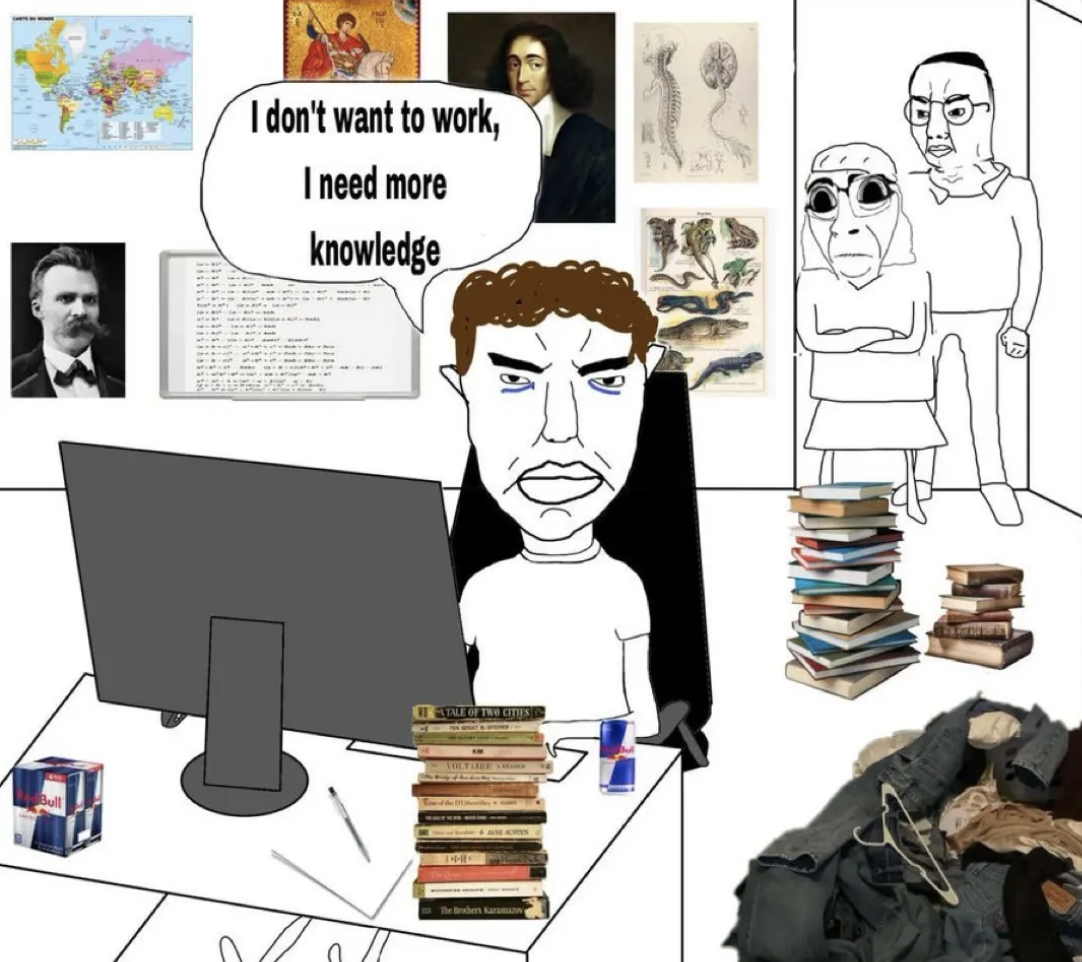At 25 years old, I am a “Cusper” — someone on the edge of Gen Zs and Millennials. The Internet will give you varying results on where I fit definitively, and I definitely feel pulled between the two.
I relate to each generation for different reasons. When it comes to work, I had a very different — more Millennial — experience entering my career than my younger peers who started their first jobs after the onset of the pandemic. When I watched my 23 year-old sister begin working remotely from her childhood bedroom in our parents’ house, I couldn’t help but feel like she was missing out. I compared her transition from classmate to coworker to my own, which involved moving to Chicago, taking the L train downtown every morning, and commiserating with coworkers during post-work happy hours.
Kickstarting my career was an experience I long daydreamed about. Because only three years ago, joining the workforce didn’t just mean getting a job. It meant a chance to uproot my life from the Michigan suburbs — where I had lived forever — to explore somewhere else, with new people and surroundings.
My post-graduation office experience allowed me to evolve as an adult in the real world outside of the college dystopia. I learned how to be a professional by watching my coworkers in action, it was easy to ask questions to those I sat beside, and I developed a friendship with my mentor on regular latte runs.
Morphing Gen Z Work Expectations
Gen Zers shared similar expectations and dreams about what beginning a career could look like while they were growing up — the difference is that they didn’t get to see them through.
Instead of moving to a new city in spring of 2020, many new grads moved back in with their parents, expecting a return-to-office announcement that ultimately never came. Others prepared to start new roles only to have their companies announce layoffs and rescind their job offers. Despite the setbacks, though, Gen Z learned to adapt and think about work life more creatively:
- Some turned hobbies into side-hustles that led to full-time work or their own businesses.
- Others took on freelance opportunities, looked for new jobs, or embraced working remotely.
- A number are already on their second, even third job as 22-24 year-olds.
Despite a rocky professional start, the Gen Z work ethic remains strong.
But what does Gen Z value in a workplace community? By now, we know Gen Z employees, similar to their Millennial peers, want to build a career filled with purpose. They expect flexibility, and they aren’t afraid to question the way things have been done. While they’ve grown up with smartphones and social media, they still crave in-person interactions.
Gen Z at Work (from Home)
One thing is for sure: By 2025, Gen Z will make up almost 30% of the global workforce. As they increasingly become an organizations' newest hire, leaders are desperate to understand:
- How to work with Gen Z
- How to build for Gen Z work culture
- How to avoid problems with Gen Z in the workplace
- How to keep Gen Z compelled to stay and grow where they are
It’s easy to generalize about what is important to Gen Z in the workplace. But we at Worklife wanted to hear from them directly. We heard back from more than 300 Gen Zers across backgrounds and industries, from public relations to product management and freelance roles, on their experience in the workplace. Here’s some of what we heard.
“I Was Panicking”: On Entering the Job Market Mid-Pandemic
David Lie-Tjauw, a product manager at Twitter, shared his experience working from his parents’ home at the beginning of the pandemic in a post on Medium from late 2020. “Today, I woke up in my childhood bedroom with the planets of the solar system still dangling above my headboard,” he wrote. “After my morning shower, I trudge downstairs to eat breakfast with my fellow co-workers: mom and dad.”
It certainly wasn’t the post-grad experience Lie-Tjauw expected when he accepted his role in the fall of his senior year, before the pandemic even began. Instead of moving to San Francisco after graduation, where he spent spring break touring apartments, he moved back home with his parents in Kansas. While acknowledging he was lucky enough to already have a job lined up, he spent months anxiously waiting to begin his role, hoping his offer wouldn’t be rescinded, like many of his peers had experienced.

This was the case for Brooke Rosin, who was slated to start a job at an experiential marketing agency in Chicago after graduating in spring 2020, but the company rescinded the job offer when the pandemic struck. “I was panicking,” she told Worklife. “My lease was ending in Michigan where I was going to college, and I was struggling to find a new job. I quickly took a position that didn’t relate to the field I wanted to be in, but it allowed me to work remotely (which, at the time, was the only option) in Chicago, and that’s where I wanted to be.”

Now settling into her third job in two years, as a public relations account executive at BCW Global, she said figuring out what she was looking for took trial and error. “Typically, you can go meet up with someone and grab a coffee to network and learn about potential career paths, but in 2020, that wasn’t happening,” she said.
“It was harder to ask for help”: On The Truth About Onboarding Remotely
Early on, companies did their best to welcome new hires over Zoom, a process that many Gen Zers recalled often worked fine (after all, it’s all they know) but it didn’t go without hiccups.
Noam Dovas, a product manager and one of the first remote hires at Discord, shared via Twitter, “The logistics of being hired remotely during the early months of the pandemic took longer than expected. Onboarding virtually, however, was a smooth process. Because of our size at the time, I was able to get incredible support directly from the CPO and from HR. They especially focused on setting up buddies both from my team and across the company,” he said.
In a recent conversation, Lie-Tjauw (the Twitter product manager) explained that Twitter already had the vision to start hiring people more remotely pre-pandemic, which helped the process.
“Obviously, the workforce at Twitter is more distributed now than when the pandemic started, but the fact that they were already inching towards that vision made things more smooth,” he told Worklife.
“That said, the flow of information feels bottlenecked. If I wanted to tell you something, I either have to schedule a meeting or send a Slack message. It’s made it much harder and more painful to not only learn about what’s going on, but it’s also harder to ask for help.”
Bridging the Distance: Communicating with Gen Z in the Workplace
Casual introductions to other team members can make all the difference in feeling able to reach out to people later on, Rosin said. “When I started my latest job, my HR team set up meetings with people across my organization from people I’d work with, people I probably wouldn’t see, people my age, and people also in Chicago. I probably had 20 meetings my first week and a half. It was a lot, but it was really nice to not be thrown into meetings with people I didn't know – like I had been in my previous roles – and have a personal conversation before starting work. It’s something I didn’t realize how much I would appreciate until I got it.”
Rochi Zalani, who started her career in a customer success role at a startup, shared, “Working remotely was still new to the company, so I don’t blame it on anyone, but any kind of onboarding doc and a point of contact for any questions may have helped me onboard better. I often felt I was thrown in the deep end without enough info. There were times when I was lost and didn’t know who or how to ask for help. Eventually though, I was assigned a mentor and she was the best. I had a good rapport with her and she truly ensured I knew everything to do my job.”

By summer 2021, more companies had virtual onboarding nailed down for remote internships. At Mastercard, college senior and product experience designer Favour Adeniyi received multiple emails preparing her for her virtual onboarding experience, which spanned two days across several Zoom meetings with team leaders on what to expect from the program, how internship projects will be facilitated, and how to get the most out of the experience.
Executive speakers also led virtual talks, discussing their personal background, Mastercard’s impact on the world, and tips to make the internship experience valuable, “It helped make us feel comfortable as we were starting the role since we were starting online, and this was many people’s first internship.”
“I wasn’t really connecting”: On Finding Community (or Struggling to)
While Adeniyi’s internship was completely remote, halfway through the program, interns went to New York for a three-day event with Mastercard to visit headquarters, where she connected with other interns and made friends.
“Doing my job remotely, I wasn’t really connecting with other interns, because I was the only intern on my team. Every day I was working with full time employees, and I only met interns during online events.

But I didn’t attend every online event because it was another Zoom meeting on top of an already busy day,” she explained. “By going to the in-person event in New York, I got to meet people, even people I had met before on Zoom before, and actually build community with them.”
After returning from the trip, the interns organized a group chat on Microsoft teams to talk about their days and intern projects, which Adeniyi recalls being very supportive to have, especially as each intern presented their final projects at the end of the program.
While employer-funded meet-ups clearly sparked relationships for Adeniyi, others like Zalani, who left her first job at the startup to write freelance for SaaS companies, have found it difficult to build a sense of community independently. “I’ve tried connecting with fellow freelancers on Twitter, scheduling virtual coffee chats, and joining Slack groups,” she explained. “Twitter has been the most successful so far, but I still wouldn’t call it ‘successful’ because there’s no consistent communication yet. Most of the work I do is solo, a blessing some days and lonely other days.”
“I’ve paid attention”: On What Gen Z Expects From Employers
Across the board, the Gen Zers at companies I talked to are looking for hybrid work experiences that create a happy medium between flexible remote company culture, while offering intentional time to connect in person.
Lie-Tjauw (who eventually made the move from Kansas to Brooklyn) explained that he has teammates in:
- London
- Toronto
- Dallas
- San Francisco
- LA
“Even if everything were completely open again, we still wouldn't be in the same office,” he said. “Remote work is really here to stay because that's how our team is distributed. People are making decisions on where they actually want to live rather than where they want to work. But as a new grad who's trying to make a name for themselves and take on the world, it's hard. I woke up today with anxiety thinking, ‘Wait a minute, am I just siloed right now? Maybe I should be going out more.’ But there's nowhere to go out right now.”
Gen Z Values in the Workplace: Flexibility & Alignment
For freelancers like Zalani, returning to a full time role isn’t completely off the table. But in order to consider an opportunity at an organization, it would have to offer the same perks freelancing provides, like the ability to choose her own hours, have enough room to make an impact, and work on projects she enjoys.
Rosin (the PR account executive), underscores the importance of having a job she enjoys after navigating a few roles to her current position. “I’ve learned the most important thing is having a genuine interest in what I’m doing. I’ve taken quite a few jobs, remote and non-remote, that aren’t aligned with what I’m interested in. For the first time I’m doing something I love, and I’m not in a bad mood anymore. Now that I know what that feels like, it makes sifting through jobs online in the future a lot easier.”
Gen Z Workplace Culture: Prioritizing What Matters
As organizations communicate future opportunities to Gen Z, it’s best they show instead of tell.
“I've paid attention to how companies have treated their employees during the pandemic,” adds Lie-Tjauw. “Some companies oppress what their employees can stand for, or they just made it very clear that you're not allowed to bring your whole self to work. I think because of the pandemic, we have a much more holistic view of what work is about, and how there is a life outside of work because, when you're afraid of your family dying, you realize, ‘Maybe, finishing this report isn't the biggest deal.’
It really gave people, including me, clarity on the cards we hold in our hands. It's actually made me more willing to ask for things in a company, and say, ‘I believe in this and I want to make sure my work reflects that as well.’”
Also check out:






